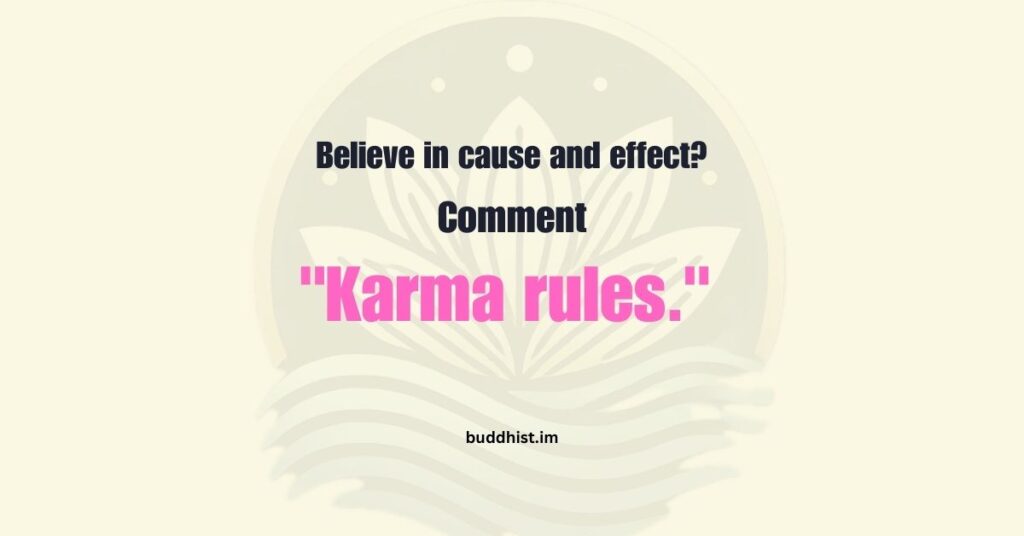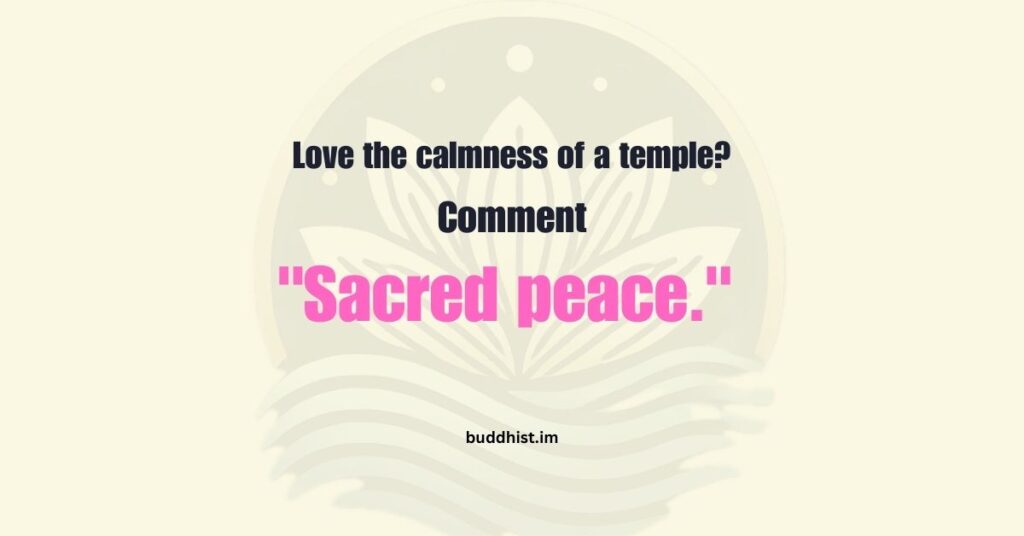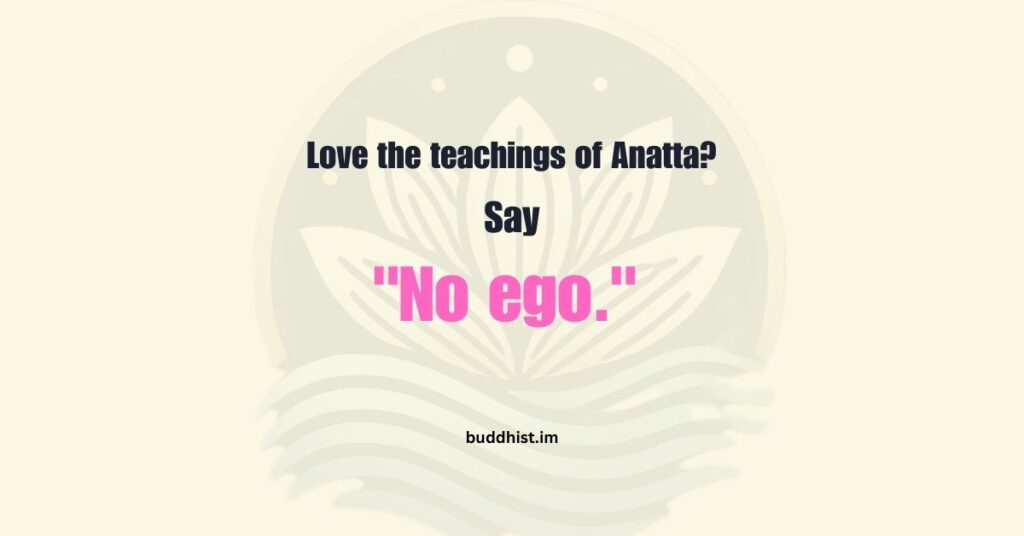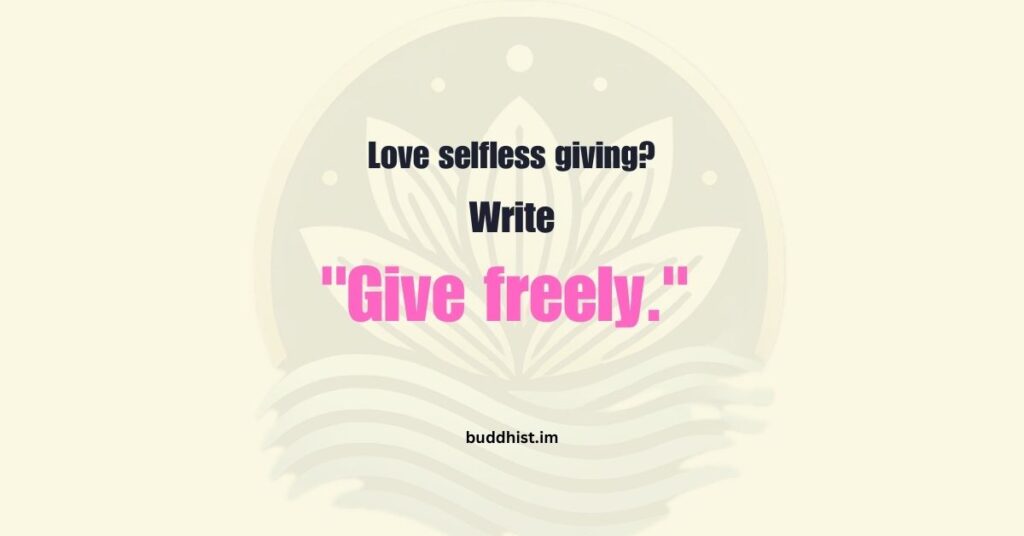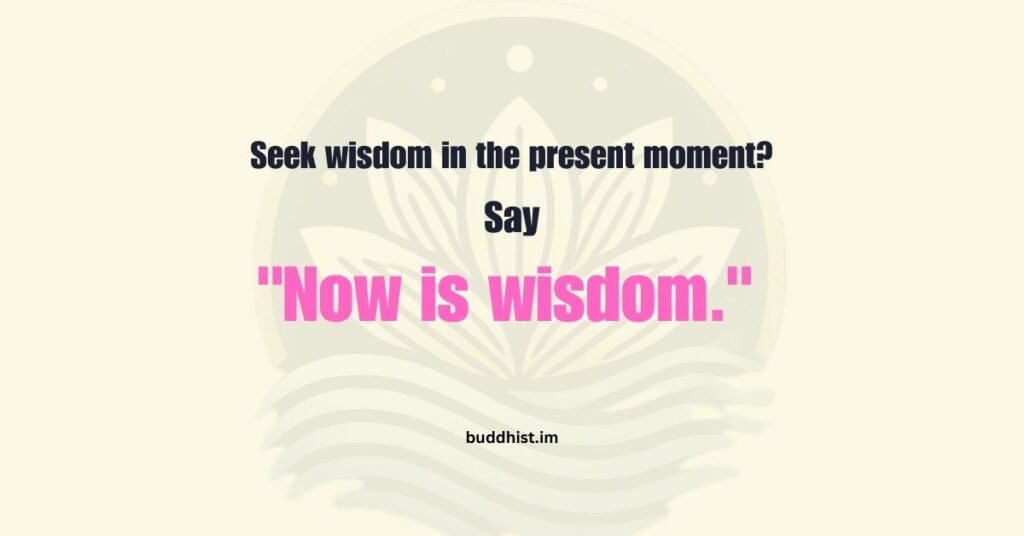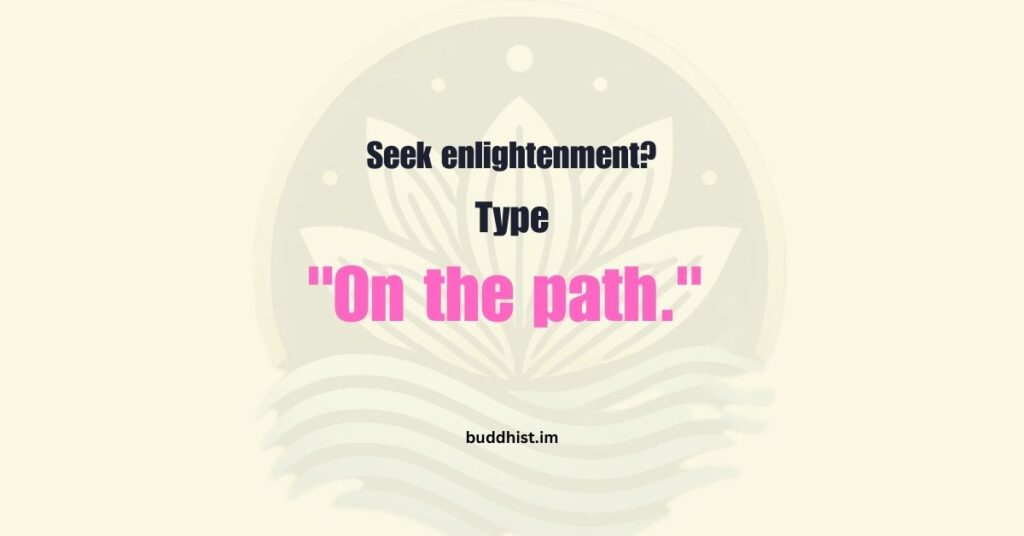Ah, marriage! The wonderful journey where love meets the occasional “Can you PLEASE put the cap back on the toothpaste?” Every couple has their ups and downs, but the secret to keeping your love alive often lies in the simple yet profound art of listening. And who better to guide us than Buddhist teachings, with their rich focus on mindfulness, compassion, and connection?
Buddhism offers powerful listening techniques that can transform how you and your partner communicate. Let’s explore these practices and discover how they can save your marriage and even make it thrive!
1. Mindful Listening: Be Present, Not a Problem-Solver
When your partner talks, are you truly listening, or are you halfway through drafting your counter-argument or planning tonight’s dinner? Mindful listening is about being present. It’s not about fixing or solving – it’s about simply being there.
How to practice:
- When your spouse speaks, focus fully on their words. Put down your phone (yes, even Instagram can wait!).
- Maintain eye contact and gently nod or say, “I’m here with you.”
- Resist the urge to interrupt. Your job is to understand, not to fix.
When you listen mindfully, you’re saying, “Your feelings matter.” And let’s be honest, who doesn’t want that?
2. The Power of Silence: Pause Before Responding
Buddhists have a knack for embracing silence, and it’s a game-changer in relationships. When your spouse shares something, especially during a heated moment, resist the urge to fire back immediately. Instead, take a beat – or two or three. This gives you time to process what’s being said and respond with intention.
Why this works:
- It prevents knee-jerk reactions (like blurting out something you’ll regret later).
- It shows your partner you’re really taking their words to heart.
Pro tip: If your partner asks, “Are you still there?” during the pause, just smile and say, “I’m just processing your wisdom, my love.” (Bonus points for charm!)
3. Compassionate Listening: Tune In to Their Emotions
Buddhist teacher Thich Nhat Hanh famously said, “Listening with compassion can relieve the suffering of another person.” This doesn’t mean you have to agree with everything your partner says. Instead, it’s about understanding where they’re coming from.
How to do it:
- Pay attention not just to the words, but to the emotions behind them.
- Say things like, “It sounds like you’re feeling overwhelmed,” or “I can see how that would make you upset.”
- Avoid judgment. Compassionate listening is about offering a safe space, not criticism.
This technique is especially handy when your partner is venting about something like a stressful day at work. Often, they don’t need solutions; they just need to feel heard.
4. Non-Attachment: Let Go of Being “Right”
One of the trickiest Buddhist principles to master in marriage is non-attachment. But before you panic, it doesn’t mean letting go of your spouse! It means letting go of the need to always be right.
In disagreements, focus on the bigger picture: maintaining love and harmony. Ask yourself, “Is this argument worth creating distance between us?” Spoiler alert: It usually isn’t.
Try this:
- Replace “You’re wrong” with “I see your perspective.”
- Remember, a win for the relationship is better than a win for your ego.
5. Loving Speech: Words That Heal, Not Hurt
The way you speak to your partner can either build bridges or set them on fire (metaphorically, of course). In Buddhism, right speech is one of the Eightfold Path principles. It means speaking with kindness and honesty while avoiding harsh or harmful words.
Practical tip:
- Before saying something, ask yourself: Is it true? Is it kind? Is it necessary? If it doesn’t pass all three, maybe it’s better left unsaid.
- Compliment more! Simple phrases like, “I love how thoughtful you are” can make a world of difference.
Pro tip: When tensions are high, start with humor. “Before we argue, can we agree that no one’s sleeping on the couch tonight?” Lightheartedness can defuse tension faster than you’d expect.
6. Gratitude Practice: Celebrate the Little Things
Buddhism teaches us to cultivate gratitude, and this is pure magic for your marriage. Instead of focusing on what your partner didn’t do (“Why didn’t you fold the laundry?”), appreciate what they did do (“Thanks for picking up coffee this morning!”).
- Before bed, share one thing you appreciated about each other that day.
- Leave little notes or texts of appreciation. A simple “Thinking of you” can make their day.
Over time, this creates a positive feedback loop, making both of you feel valued and cherished.
A Journey Worth Taking
Marriage, like Buddhism, is a lifelong practice. It’s not about perfection but about progress, patience, and love. By adopting these Buddhist listening techniques, you’re not just saving your marriage; you’re elevating it to new heights.
So next time your partner starts telling you about their day (or their latest conspiracy theory about why socks disappear in the laundry), lean in, listen mindfully, and let them know they’re the most important person in your world. Because, in the end, that’s what it’s all about.
Now, go forth, young Padawan of love, and may your marriage be as peaceful as a Zen garden and as joyful as a puppy meeting its first snow!
Your turn: Which of these Buddhist listening techniques will you try first? Let us know in the comments below! And remember, happy marriages are built one mindful moment at a time.
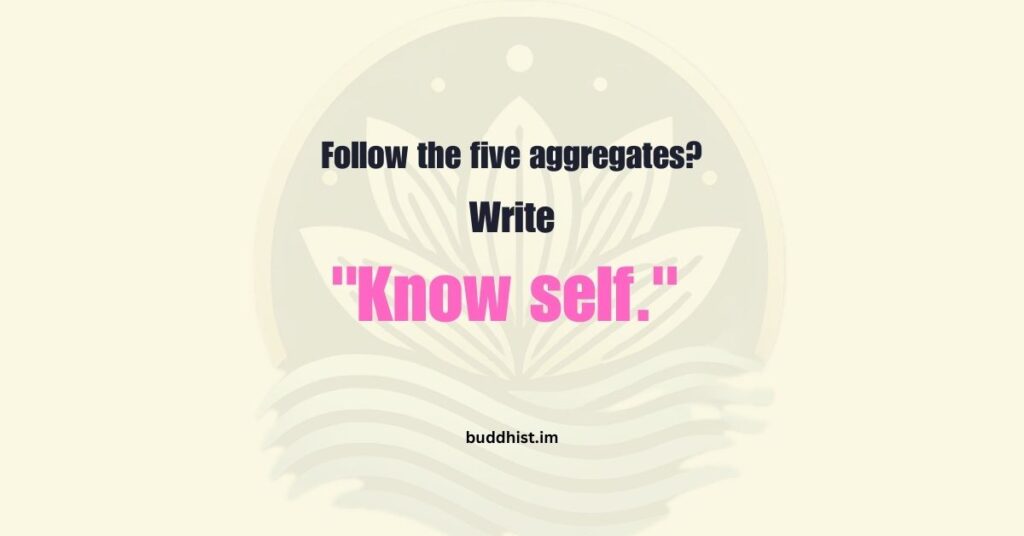

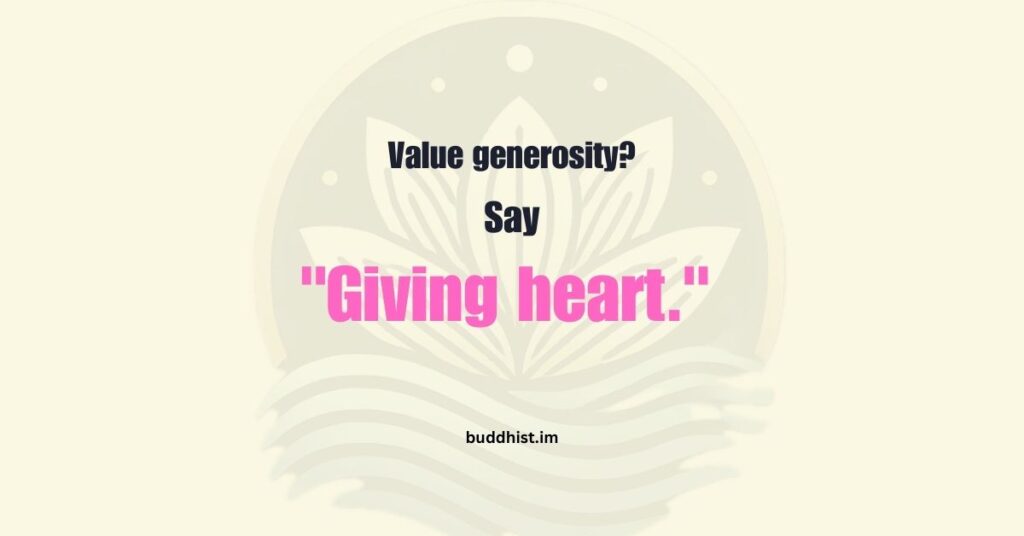
![Stop Losing Yourself in Marriage, [Here’s the Fix]](https://buddhist.im/wp-content/uploads/2025/01/Stop-Losing-Yourself-in-Marriage—Heres-the-Fix-1024x536.jpg)
![Stop Over-Explaining [Here’s What to Do Instead]](https://buddhist.im/wp-content/uploads/2025/01/Stop-Over-Explaining-Heres-What-to-Do-Instead-1024x536.jpg)

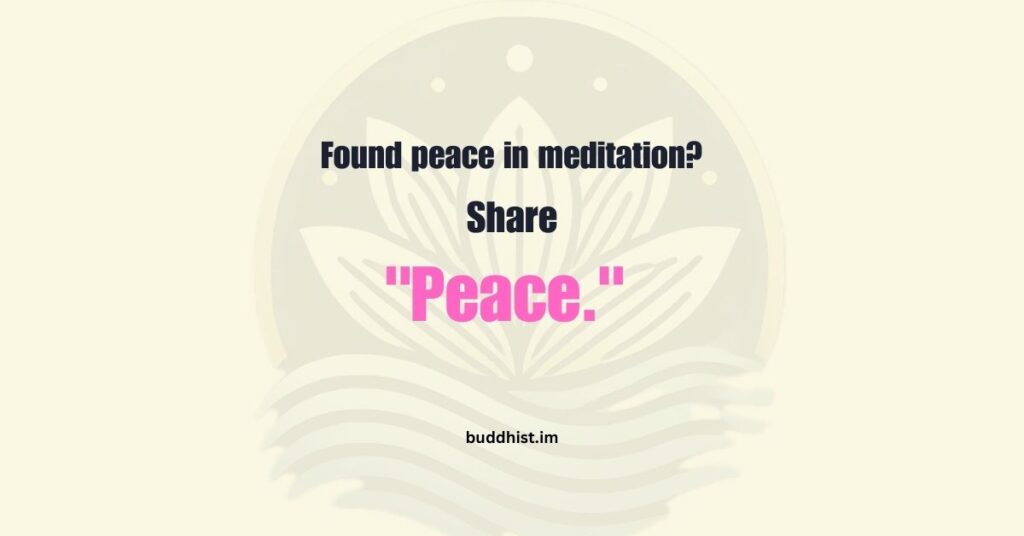
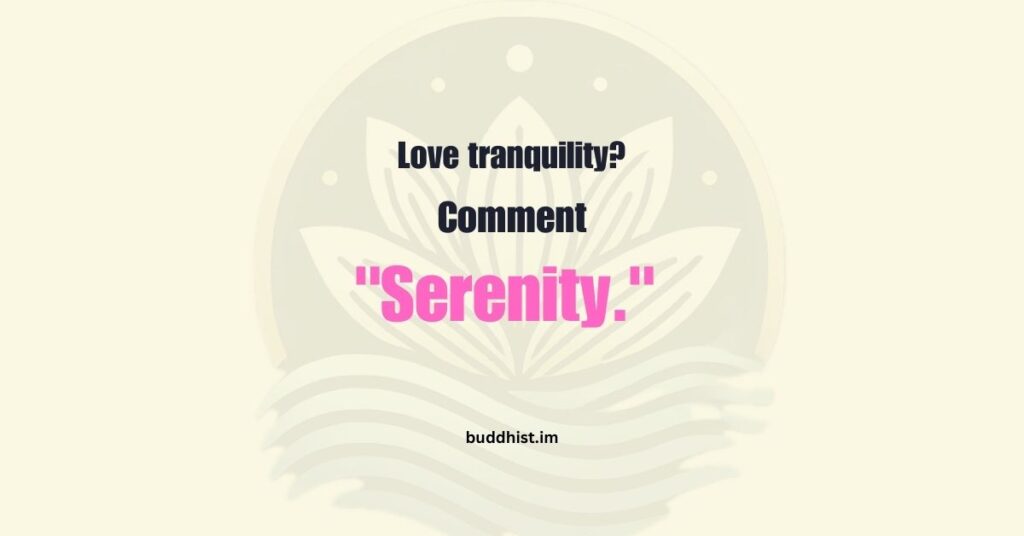


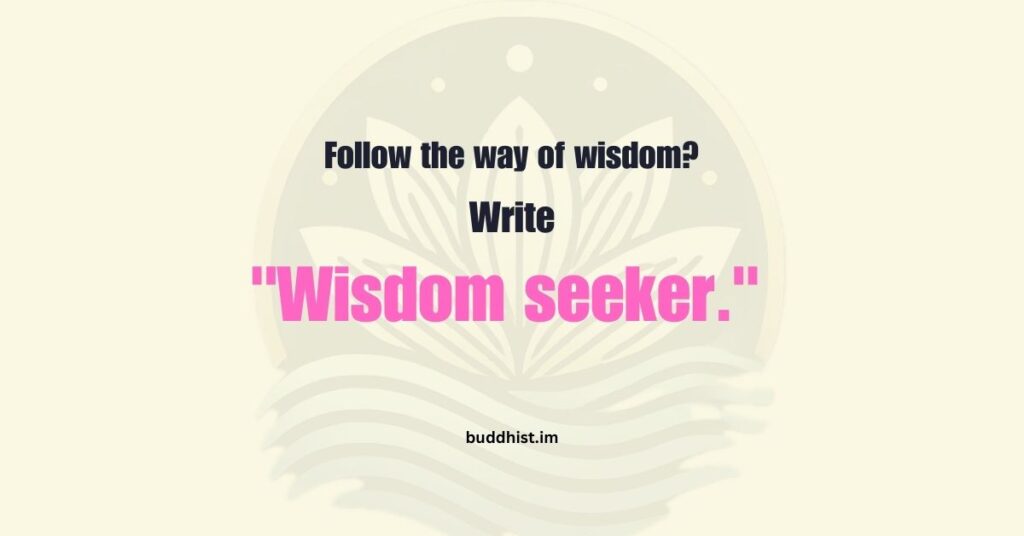
![[Trust Thrives on THIS] And It’s Easier Than You Think!](https://buddhist.im/wp-content/uploads/2025/01/Trust-Thrives-on-THIS—And-Its-Easier-Than-You-Think-1024x536.jpg)
